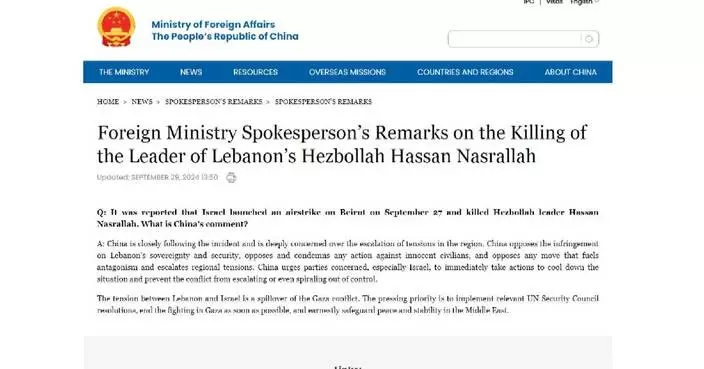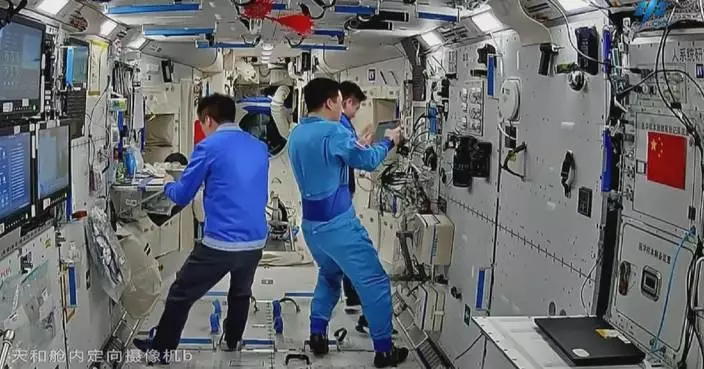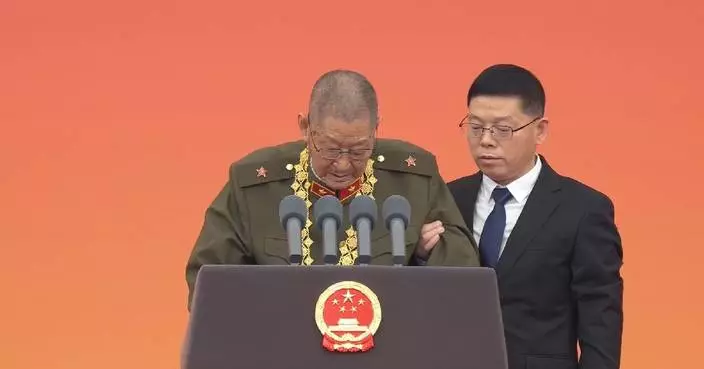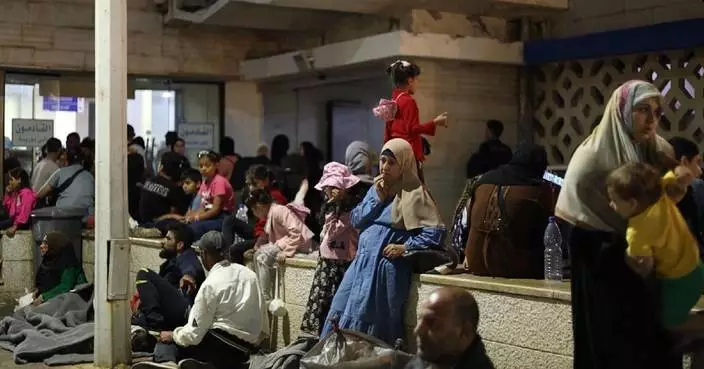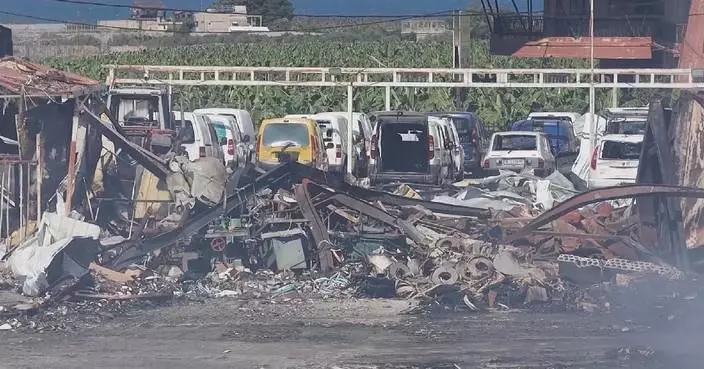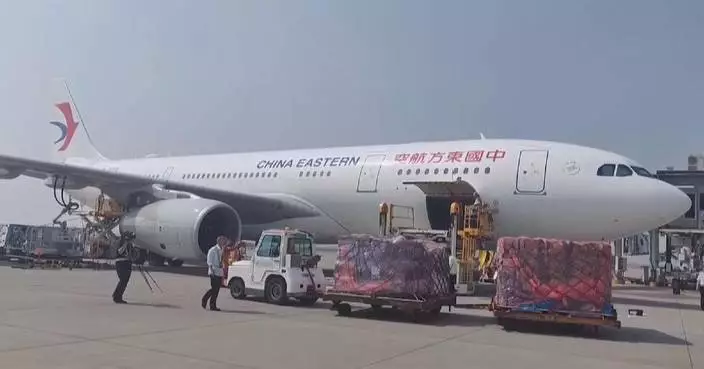China's institutional framework that allows markets to thrive and for government to step in where necessary has proven to provide fruitful solutions over the years, said Michele Geraci, former undersecretary of state of the Italian Ministry of Economic Development.
In a recent interview with China Global Television Network (CGTN), he attributed China's achievements over the last decades to the country's great effort invested in promoting the development of infrastructure, transport and migration from rural to urban areas.
China has been a unique example in the history of economic development of mankind, he said, adding that it has also seen rapid development in infrastructure and high-speed rail and has helped usher in advancements in artificial intelligence, 5G, and semiconductors among other advanced technologies.
"One of the key successes of China lies in its market-state balance. China manages very well to let the market forces develop when that is conducive to growth. But then, when there are problems of crisis, then China's state intervention becomes stronger and therefore manages to ring-fence problems. So this idea of socialism with Chinese characteristics, in my view, is the perfect institutional framework for the situation that we have in China. It may not work in other countries, but in China, I think, it's as good as it can get," said Geraci.
The former official also dismissed the frequent outcrying of certain Western outlets that have for years insisted that the Chinese system is unsustainable.
"Some people have been calling for [predicting] the collapse of China. There is a famous book - The Coming Collapse of China. This collapse has not happened yet. And I'm actually very confident that it will never happen because China has a mix of skills at government-level institutions that could answer to the challenges in a very effective way. The Chinese economy has many challenges but also has many solutions. This is I think what some Western analysts don't understand. They only see half of the story, the challenges, which are there, but they do not see that China has also the solution. That's why we have seen China sailed through the global financial crisis really with no problems," said Geraci.
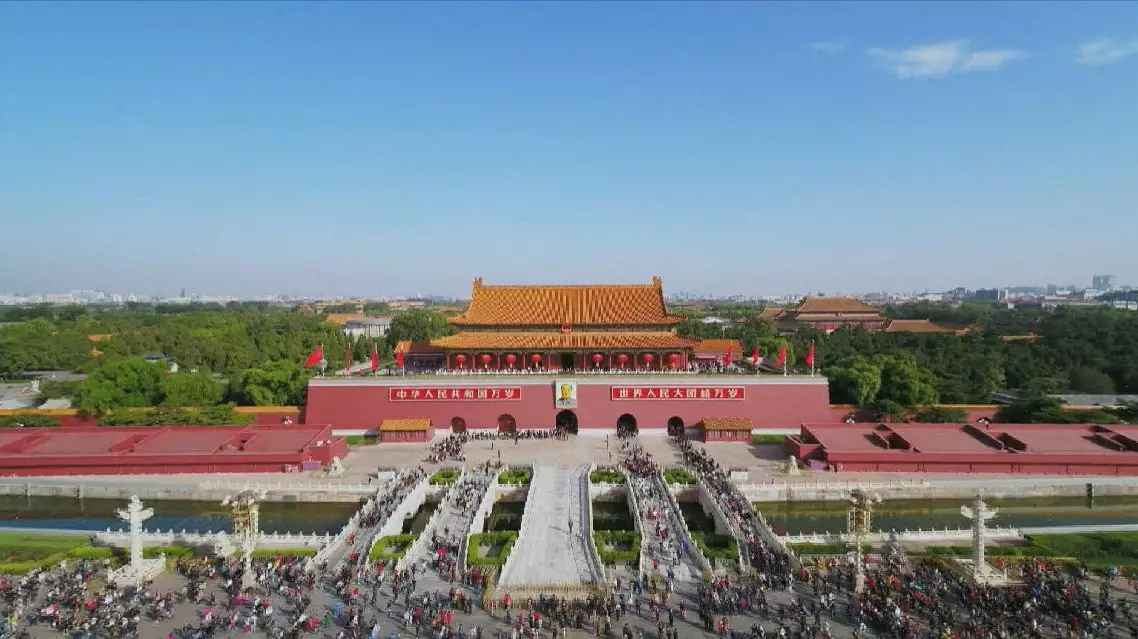
Mix of market forces, state action serves as perfect fit for China's situation: former Italian official
Bangladesh's newly formed interim government is initiating several measures to restore macroeconomic stability and sustain growth as it faces economic challenges such as persistently high inflation.
September marks the first month of the interim government's formation since Aug 8 after then-Prime Minister Sheikh Hasina fled to India on Aug 5.
Over the past two years, Bangladesh's economic situation has become increasingly dire. A severe shortage of foreign reserves, rampant bank malpractices, and capital flight have intensified the crisis.
Inflation in July reached almost 12 percent, the highest in 13 years, with food inflation crossing 14 percent for the first time in 13 years. The overall inflation in the country has remained above 9 percent for over a year.
Phulbahar Begum is a slum dweller working as a housework service provider. She lives in a slum with three other family members. They have suffered a lot due to load shedding amid the hot weather over the past few days.
"Power cuts are a common thing to us now. They occur a lot these days. In this hot weather it is difficult to live in the slums without electricity. On the other hand, daily expenses are increasing day by day, making it hard to keep up with the price hikes," she said, describing her daily struggle.
The interim government is seeking solutions to those economic challenges. By December, it expects to secure a 400 million U.S. dollar policy-based loan from the Asian Development Bank to advance reforms in domestic resource mobilization. Additionally, it has requested an extra 3 billion U.S. dollars from the International Monetary Fund, on top of the 4.7 billion U.S. dollars already agreed upon.
Dr. Mustafizur Rahman, distinguished fellow at the Center for Policy Dialogue in Bangladesh said in an interview with China Global Television Network (CGTN) that the interim government is initiating several measures to reduce expenditure and improve resource efficiency, but it is still facing challenges.
"The interim government is having to undertake a number of initiatives in order to cut expenditures in various sectors, in order to raise efficiency of resource allocation and resource utilization. There are also problems of purchasing power in terms of imports because of the debt of foreign currency. So, some of the loans may have to be re-negotiated. Obviously, I think the interim government will try to complete the projects as soon as possible because delay will also escalate the costs further," said Rahman.
"Debt servicing of mega projects will also be a major issue and they will try to re-negotiate with the development partners with regard to the debt servicing schedule," said the expert.
The interim government's strategies will be crucial as Bangladesh navigates through these turbulent economic waters.
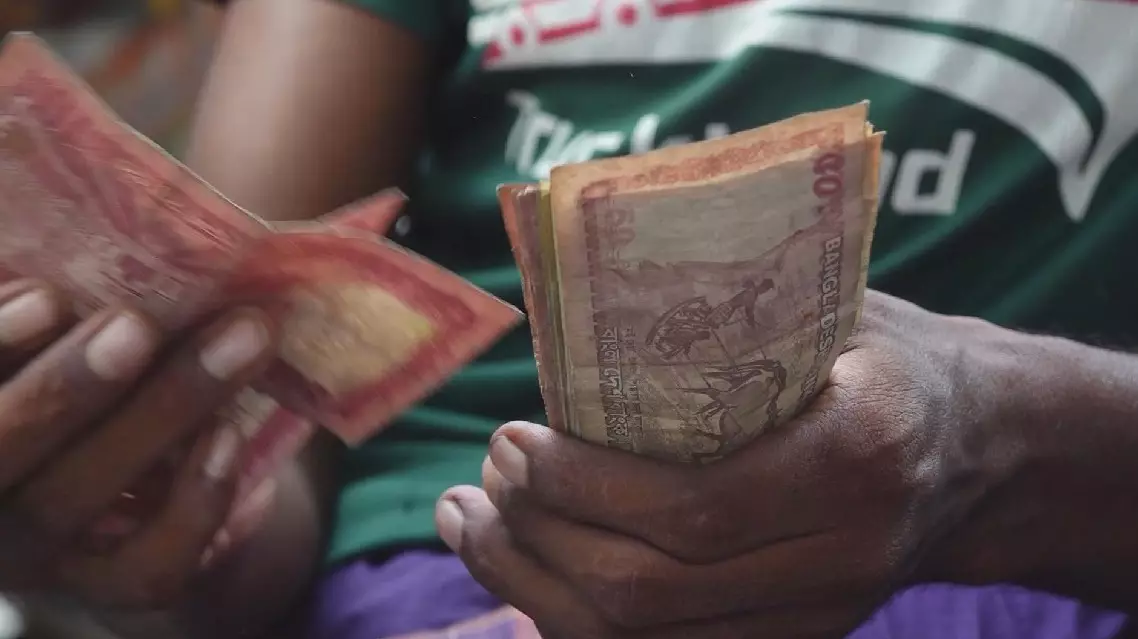
Bangladesh's interim government initiates measures to address economic challenges




